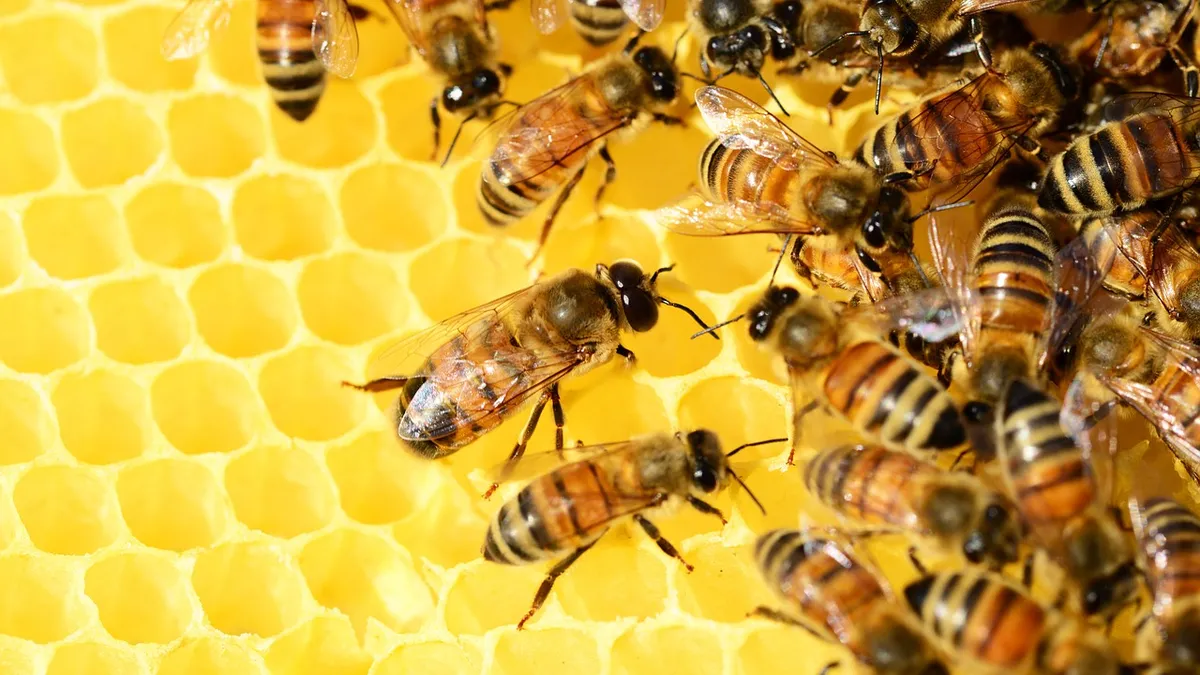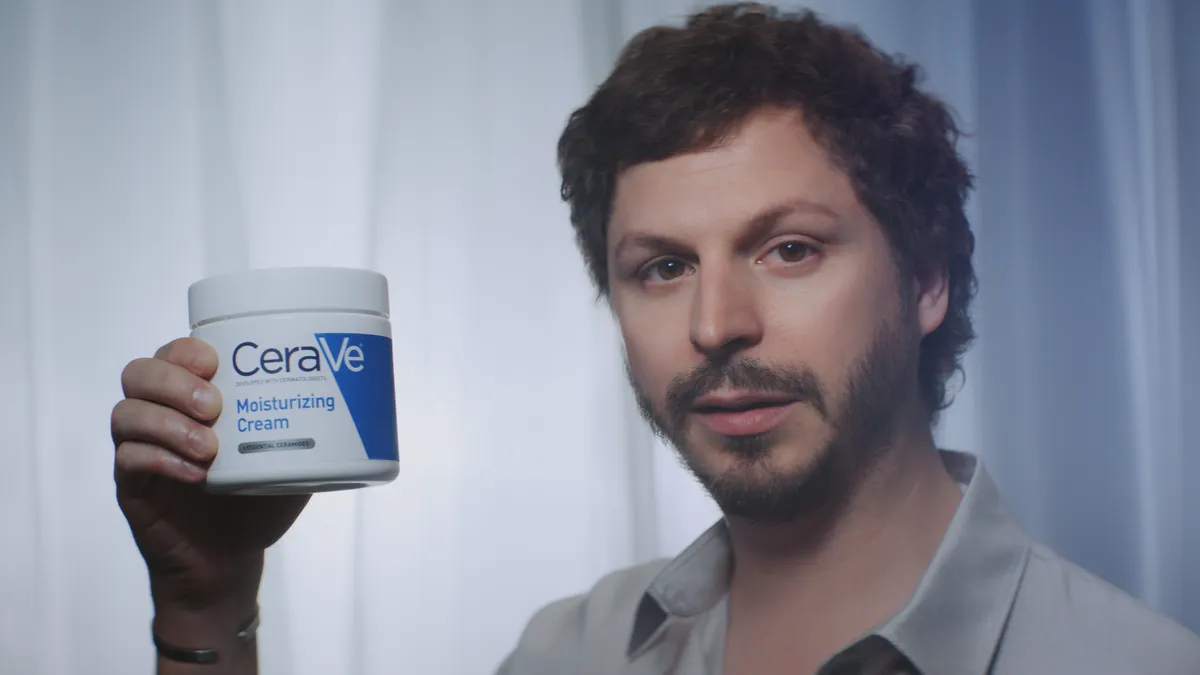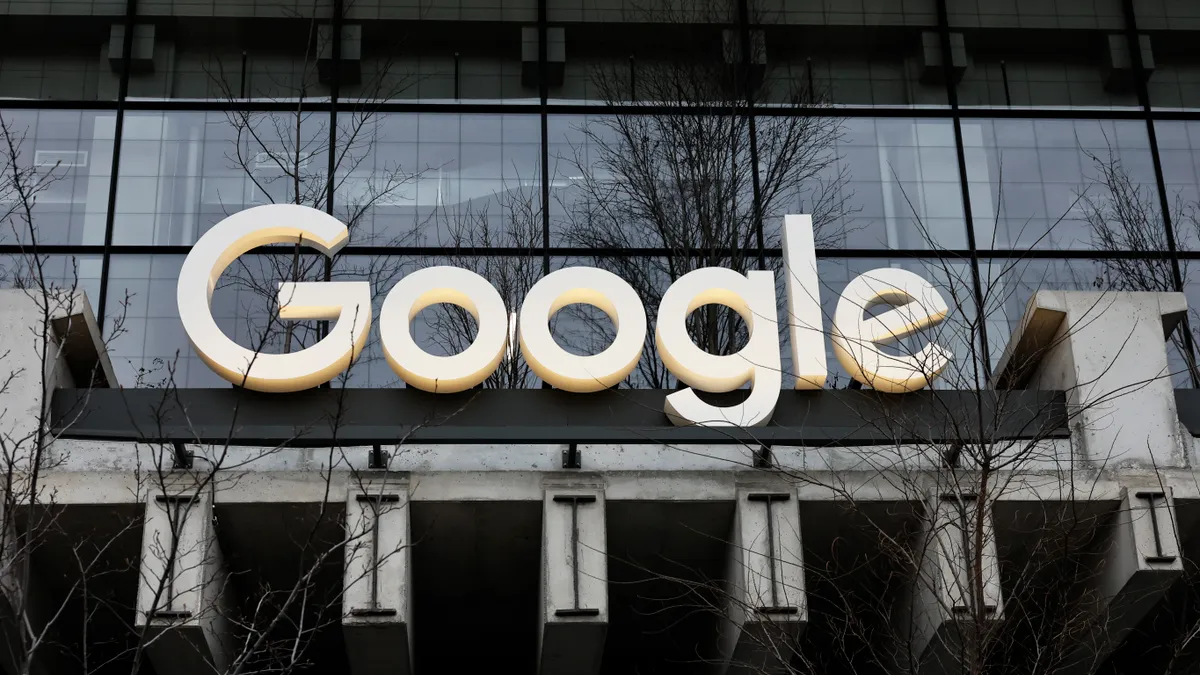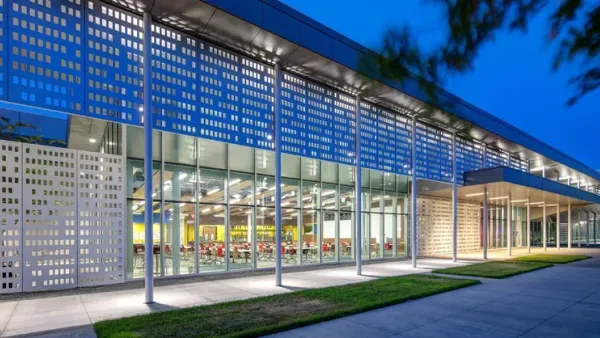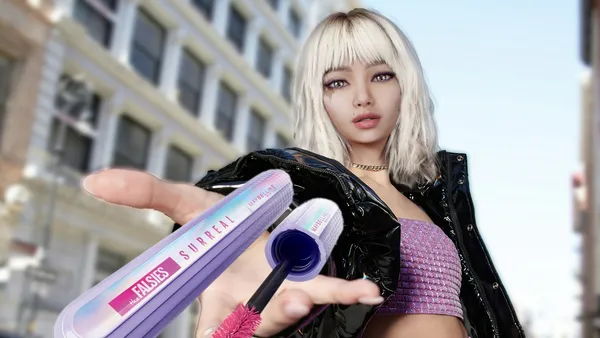Dive Brief:
-
General Mills' eco-friendly effort isn't beeing what they hoped for, according to an article in Mediaite. While the company was sending 1.5 billion free seed packets from Vesey Seeds handed out to get bees back on the job, someone forgot to check out the combination of seeds, which included some plants that are banned in some states and classified as "noxious weeds" in others.
-
In a statement, the company said seed varieties in the Bee Friendlier Mix were selected because they produce nectar and pollen attractive to bees year-round, though “some natural restrictions may apply.”
-
Because many of the flowers are non-native to different areas in the U.S., some of them — which include forget-me-nots, lavender, daises, poppies and hyssop — could be hazardous to local ecosystems if planted.
Dive Insight:
Pesticides and fungicides are believed to be the cause of the massive collapse of bee colonies in recent years, a phenomenon known as colony collapse disorder, commonly abbreviated as CCD. Scientists are working to figure out and rectify CCD's specific cause, but in the meantime, the U.S. have far fewer bees doing the pollinating tasks for which they are counted on.
A little discussed fact is that farmers don't depend on their own property's bees to do the necessary pollinating there: They rent bees to do that. With an estimated 10 million beehives, worth some $2 billion, having been wiped out in the past six years, those bee-tenders have as vested an interest as cereal makers to learn what Sue Bee and millions of her ilk have fallen ill to.
Several food manufacturers have worked to bring attention to the plight of bees, which are needed for pollination of an estimated 75% of food crops. Late last year, General Mills announced a partnership with the U.S. Department of Agriculture's Natural Resource Conservation Service and nonprofit Xerces Society with plans to restore more than 100,000 acres of pollinator habitat.
Keeping with this pledge, the manufacturer removed its "BuzzBee" mascot from boxes of Honey Nut Cheerios — leaving a white outline where he used to be — and started the wildflower seed giveaway.
Part of the problem is that there are “native” honeybees and others, the latter having been imported some years ago from Europe. Because the seed mixture may very well not do what General Mills intends it to, some outlets have gone so far as to warn consumers to not plant them.
While this was a misstep that could have easily been prevented, General Mills will most likely be able to rebound. The manufacturer's good intentions are clear and rooted in genuine environmental or sustainability concerns. Many people who received the free seeds may not actually plant them. And, except in the cases of the prohibitions of California poppies and forget-me-nots in some states, the non-native plants may not cause catastrophic harm.
Companies that have made far greater PR gambles — and have had far greater stumbles — have been able to come back. The "new Coke" debacle of the 1980s was initially a disaster for the soft drink manufacturer, but it allowed it to rebrand its old formula with the nostalgia-filled name of "Coca-Cola Classic" and gave it an additional formulation to sell. The motivation here was nothing but company profits — a worthy cause, but far less likely to be seen as forgivable as providing an incompatible package of seeds for environmental purposes.


